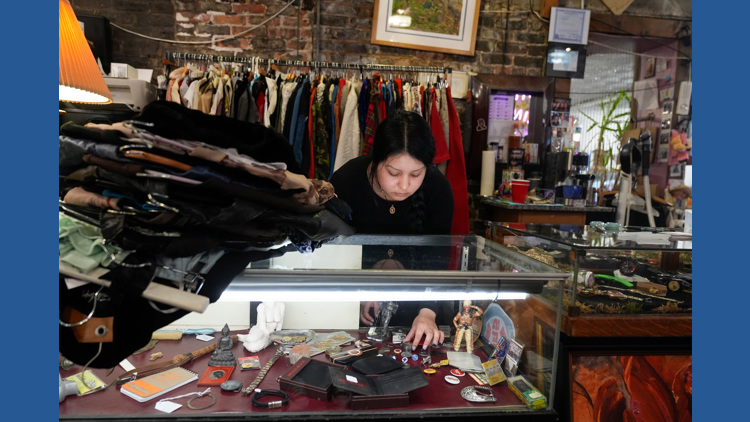The city of Chicago is grappling with significant legal and social repercussions following an extensive immigration crackdown initiated by the Trump administration. This enforcement campaign has resulted in over 10,000 arrests since its inception in 2017, raising concerns among residents and advocacy groups about civil liberties and community safety.
Local officials and immigrant rights organizations are expressing deep anxiety about the impact of these enforcement actions. The American Civil Liberties Union (ACLU) has already filed lawsuits challenging the legality of certain immigration practices employed by Immigration and Customs Enforcement (ICE). These legal battles seek to protect the rights of individuals who may be affected by the aggressive tactics used in the crackdown.
Many community members in Cook County report feeling a heightened sense of fear since the crackdown began. As law enforcement agencies collaborate more closely with federal immigration authorities, residents worry that their interactions with police could lead to deportation. This has led to a chilling effect, where undocumented immigrants are increasingly reluctant to report crimes or seek help from authorities.
Legal Battles and Investigations Unfold
In response to the crackdown, multiple lawsuits have emerged. The United States District Court is now reviewing several cases that challenge the constitutionality of ICE’s methods, including accusations of racial profiling and illegal searches. Legal experts argue that these practices may violate the rights of individuals protected under the Fourth Amendment.
The ACLU has highlighted instances where individuals were detained without sufficient evidence, raising alarms about the erosion of civil liberties. “The government must uphold the rights of all individuals, regardless of their immigration status,” stated Jesse H. Ruiz, a senior attorney with the ACLU of Illinois. The organization is actively working to ensure that due process is maintained in immigration enforcement procedures.
Local leaders are also voicing their concerns. Chicago Mayor Brandon Johnson has called for a reevaluation of the partnership between local law enforcement and federal immigration agencies. He emphasizes the importance of trust between the police and the communities they serve, stating that fear of deportation should not hinder individuals from seeking assistance.
Community Response and Future Implications
As the situation continues to develop, community organizations are ramping up efforts to provide support to immigrants. Many are organizing workshops to educate undocumented individuals about their rights and the legal resources available to them. This grassroots activism aims to empower community members and reduce the anxiety stemming from the immigration crackdown.
The implications of this crackdown extend beyond legal battles; they also resonate deeply within the fabric of Chicago’s diverse communities. The fear permeating neighborhoods can lead to decreased cooperation with law enforcement, further complicating the challenges of public safety.
As the city navigates this complex landscape, the ongoing dialogue between local officials, community activists, and federal authorities will be crucial. The outcomes of the lawsuits and investigations will likely shape the future of immigration enforcement in Chicago and potentially across the nation.
The situation remains fluid, with many residents anxiously awaiting the results of the ongoing legal challenges and the potential reforms that may arise from them. As March 2024 approaches, the ramifications of the Trump administration’s immigration policies continue to unfold, leaving a lasting impact on Chicago’s immigrant communities.
